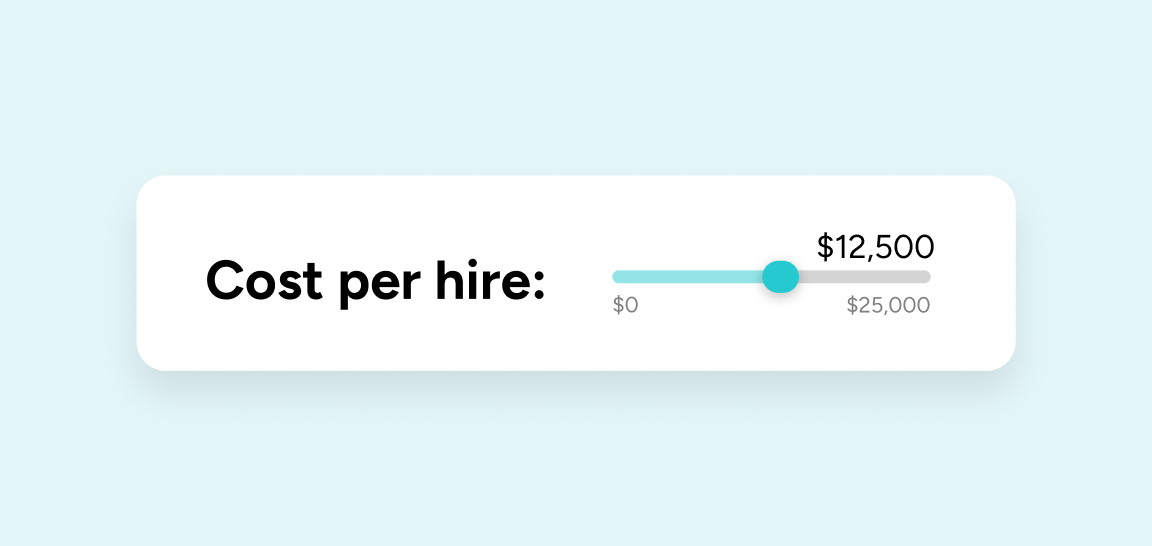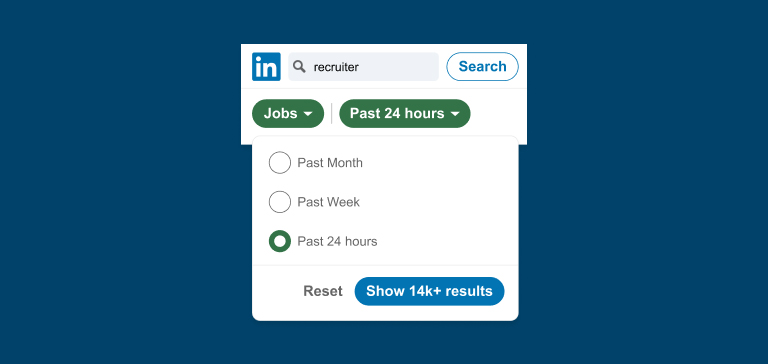Before I started working for an HR tech company, I was on the other side — a consumer of HR tech.
I’ve spent my whole career in talent operations. First in the aerospace and defense industry, then in the hospitality industry. In my various roles as a talent ops manager, I’ve worn many hats and managed almost every kind of talent acquisition technology, process, or program at one point or another.
And I’ve vetted, demoed, or implemented nearly every talent solution on the market. From legacy ATS and HRIS/HCM platforms to bleeding-edge technology and niche solutions for the following pain points:
- Candidate experience
- Recruitment marketing
- Candidate sourcing
- Candidate screening
- Interview scheduling
- New hire onboarding
- And more!
In short, I’ve been pitched a lot of recruiting software. By a lot of sales people.
But when I was introduced to Paradox in my last role, it was unlike any other software sales experience. In fact, there was something so special about Paradox that I would (spoiler alert) eventually pivot my career and join the company.
(Disclaimer: recruiting our clients is absolutely not a standard practice. It was peak Covid, nothing was normal, and things just fell into place.)
So, what made the Paradox sales experience so unique?
There was no selling involved.
Or at least that’s how it felt. Let me explain.
How the Paradox sales experience stacks up to other TA software
First, there was the software. It was unlike anything I’d seen before. The simple, user-friendly design was consumer-grade (I didn’t realize how low my bar was until I saw the Paradox platform). And the platform wasn’t just pretty. It was powerful. The possibilities were limitless and I couldn’t wait to brainstorm with my team.
It’s not that the product “sold itself,” it’s that it made me an advocate. It compelled me to “sell” it to my leaders and stakeholders. I never felt like I was being sold to by Paradox because it felt like my idea all along. I saw it as my initiative to get across the finish line.
Which leads to the second reason the Paradox sales process felt refreshingly sales-free.
My “salesperson” from Paradox was Ben Bromberg, our SVP of enterprise sales. But I never viewed Ben as a salesperson. Ben was my consultant, technical expert, and sounding board.
What was so striking about Ben’s approach was what he didn’t do. He didn’t pressure me. He didn’t harass me with emails and calls. And he never pushed to get in front of the “real” decision-maker. And that was especially notable to me. Having a manager or director title, salespeople know that I don’t have the authority to single-handedly sign on a new vendor. They would see me as a stepping stone, and that’s exactly how they’d treat me.
So when I recently heard Ben say, “I hate the word sales,” I wasn’t at all surprised.
I never thought of my experience in the Paradox sales process as “sales.” I saw myself as a change agent and champion for best-in-class TA. I saw Paradox as a promising solution to achieve my organization’s goals. I saw Ben as a partner and advisor.
And now that I’m on the other side, I know that’s how Paradox sees it, too.









